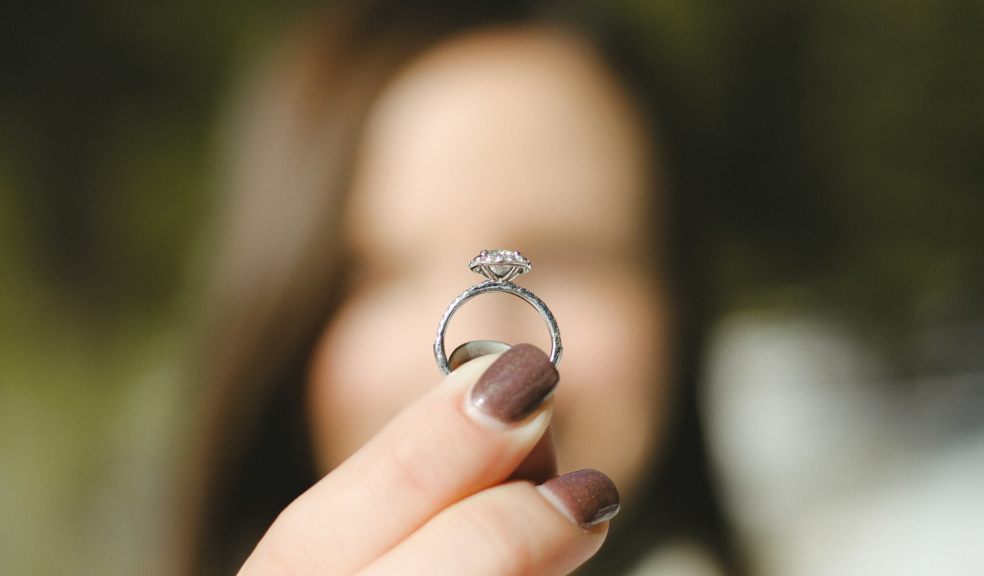
The Rise of Sustainable Luxury in the UK
Sustainability has become a significant trend in recent times, permeating various aspects of life. Luxury has been reimagined through the lens of sustainability, driven by shifts in consumer values, evolving business models, and cultural cues. With this in mind, this post will explore the reimagination of the world of luxury and how even traditionally symbolic purchases, such as a second-hand engagement ring, can reflect the new paradigm of responsible luxury.
Changing Consumer Values & the Demand for Purpose
In recent times, consumers expect brands to carry not only prestige but also ethical and environmental credentials. This is particularly prevalent among younger cohorts in the UK, with younger generations increasingly passionate about sustainability. A recent survey revealed that 73% of UK luxury shoppers say sustainability influences their purchasing behaviour, highlighting the shift in consumer values among luxury spenders.
Business Models That Embed Circularity
Many luxury brands are embracing sustainability by adopting circular business models, such as rentals, resales, repairs, recycling, and buy-back models. The EY Luxury Index found that over half of luxury consumers would buy pre-owned from brands, which shows how second-hand is in demand at all levels and even for symbolic items like a second-hand engagement ring. This circular model prevents waste and reduces demand for the manufacture of new items.
Material Innovation, Traceability, & Regenerative Practices
Luxury is also being redefined via eco-friendly materials. This includes recycled materials, lab-grown gemstones, and regenerative farming for leathers being utilised for modern luxury products to meet demand. In addition to this, technology like blockchain, certification schemes, and digital ledgers can improve provenance and traceability. For example, Chanel’s “Nevold” circular platform has a mission to invent, produce, and structure future materials using recycled fibres while maintaining luxury design.
Economic Pressures, Resale Growth, & Market Dynamics
Macro pressures such as the rising cost of living and inflation are also accelerating interest in resale and sustainable luxury. For example, the UK’s second-hand goods market is valued at roughly £3.6 billion in 2025 and is growing. Many luxury retailers are responding to this by shifting their business models, but there are still many resisting this.
Cultural Signalling, Status, & the New Symbolism of Luxury
Sustainable luxury is becoming a new status market: visible repair, provenance, craftsmanship, and reuse may carry more prestige than iconic logos in 2025. In UK discourse, sustainable luxury is framed as substance over show, which highlights how consumer demands have shifted in recent times.
It is fascinating to observe how the idea of luxury in the UK has been reimagined in recent times through the lens of sustainability - a trend that shows no sign of slowing.




















